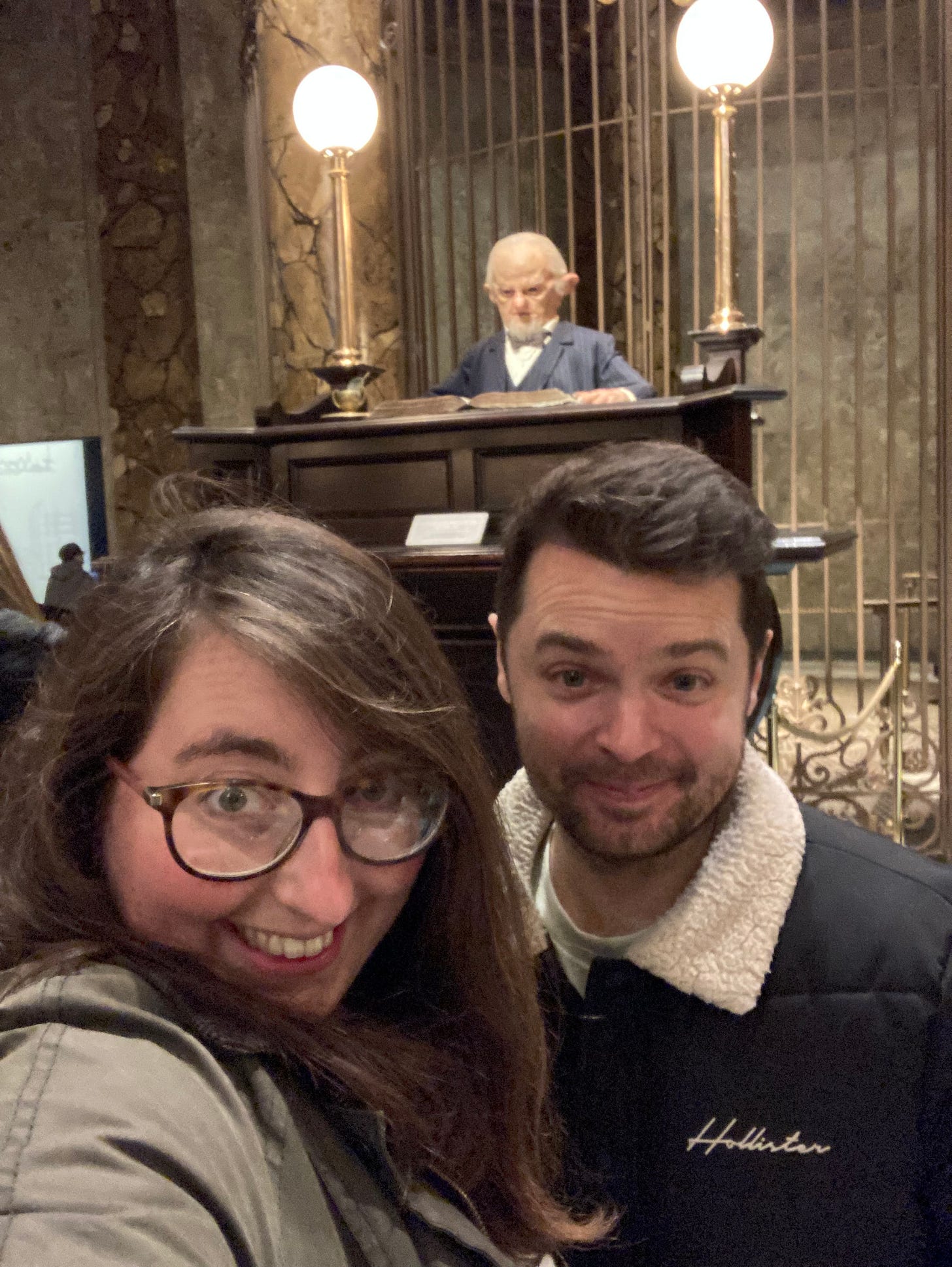Can short people date? Part 3
Finding a partner might be tougher, but at least we have lower divorce rates
A study by the University of Groningen found that 6’6’’ men came out with a jealousy rating of 2.25, compared to 3.75 for 5’4’’ men, when asked to rate the feelings they thought their partners had towards the opposite sex.
“Taller men tended to be less jealous when confronted with socially influential, physically dominant, or physically attractive rivals,” the study found, based on how they reacted when presented with scenarios like flirting.
In the end, after much consultation with my friends, I decided to make my height readily visible in my dating profile. At the very least, I would be more confident that matches would be whittled down to those who wouldn’t find my stature to be a dealbreaker in any case. To borrow a common romantic expression: yes, the pond would be smaller, but the fish would be more amenable to being caught.

This strategy has paid dividends in the end. I am now happily relationshiped, a terrible verb I’ve just invented but actually quite enjoy using. I’ve promised not to mention all of the research that shows what an unusual choice my now-wife has made in picking a 5’2’’ man. Instead, I might mention that the National Bureau of Economic Research in the United States has found a tendency for lower rates of divorce among shorter men.
I’ve used a few choice stories from my own personal life. But you don’t have to look up scientific journals to recognise how height impacts love. It’s pretty much everywhere. As just one example, I’ve noticed that a lack of height is often used by filmmakers as a handy shortcut for illustrating a character’s lack of romantic suitability.
This hit home for me when I acquired my first niece. (In the conventional way - my brother and his wife had a daughter - in case you were thinking of ascribing a different and darker meaning to that phraseology.)
I was on caretaker duty, and she wanted to watch Frozen, because that’s what literally all children of her age want to do all day long. It wasn’t exactly my place to intervene, and I didn’t particularly want her kicking up a fuss when it was meant to be my brother and his wife’s day off child-caring.
I was glad to have something that would placate her with so little effort on my part. If I refused and my niece had erupted like a tearful volcano, I would doubtless have incurred the wrath of my parents as well. (“Honestly, Justin, how will you be able to look after your own child if you can’t handle someone else’s for five minutes?”).
I relented to my niece’s demand in a feigned expression of just how nice a guy I am and put Frozen on. Despite the fact that it was a bit of a diversion from my usual, more grown-up TV diet, I actually found myself rather enjoying this cultural monster of a musical. This parenting lark was easy, and with better animation than I anticipated. But it only took until the third song to be reminded that, even in the eyes of infants, short blokes can’t be princes.
In For the First Time in Forever, Anna, sister of lead character Elsa, dreams of meeting a “beautiful stranger, tall and fair” at her coronation ceremony later that day. When she is presented with the diminutive Duke of Weselton (frequently mispronounced “Weasel Town” for added comic effect) the animators do not hide her look of disappointment. Naturally, the miniature Duke turns out to be a bit of a villain later down the track too.
For another example of how the villainy of shortness is implanted on children, see Lord Farquaad in the Shrek series. (Then again, the tall fair stranger in Frozen does turn out to be a baddy too, so it’s not all one way traffic, and I’m not trying to prove some scientific treatise with these comments, they are merely intended as observations).
I’ll have plenty more of those next week.




